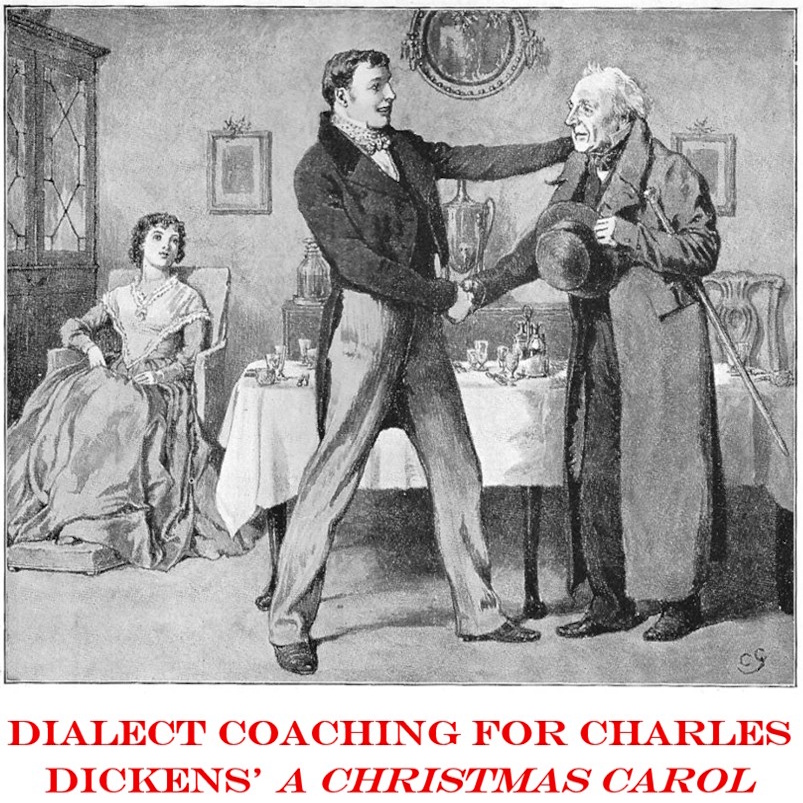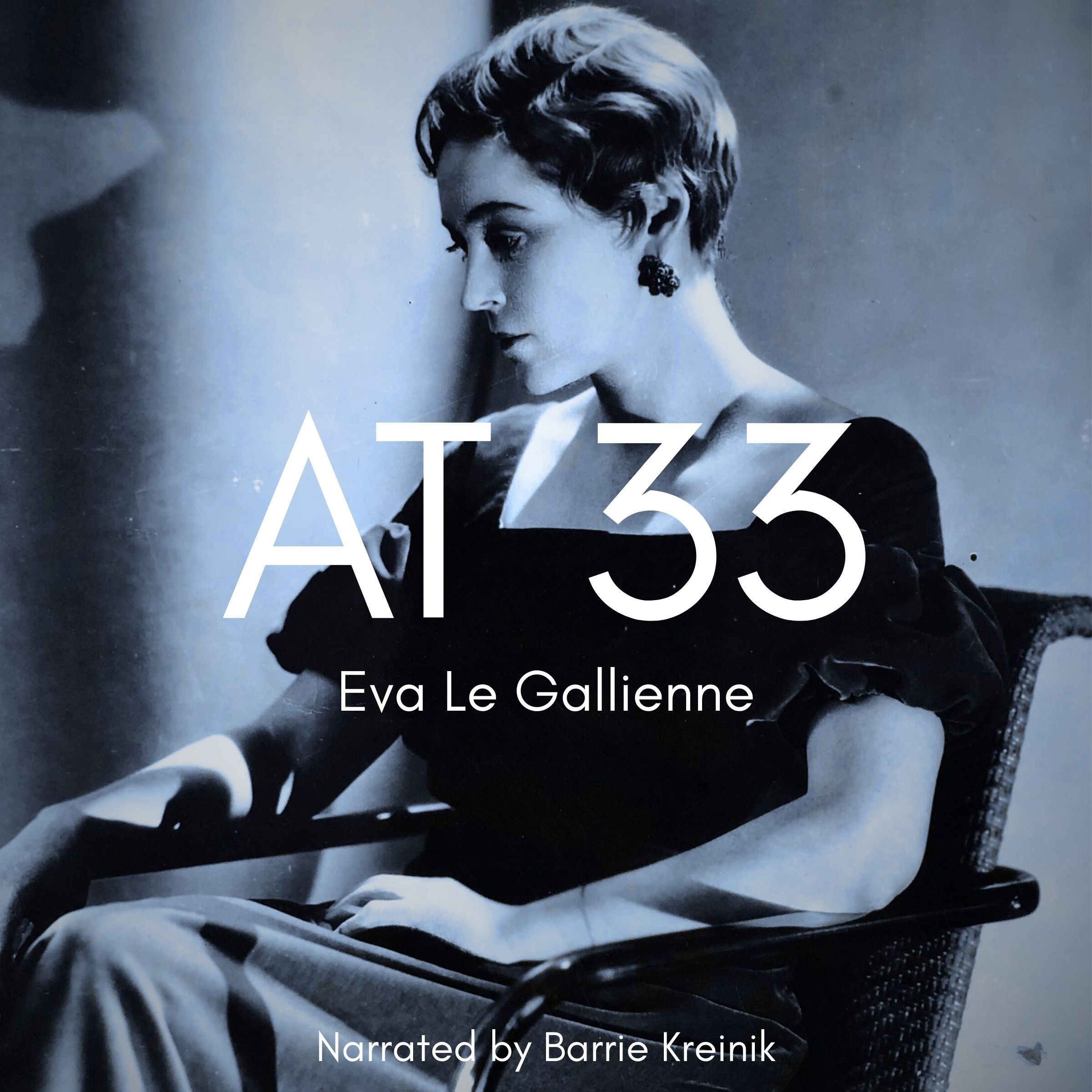India 4
Listen to India 4, a man in his 20s from northern India. Click or tap the triangle-shaped play button to hear the subject.
Both as a courtesy and to comply with copyright law, please remember to credit IDEA for direct or indirect use of samples. IDEA is a free resource; please consider supporting us.
BIOGRAPHICAL INFORMATION
AGE: 20s
DATE OF BIRTH (DD/MM/YYYY): N/A
PLACE OF BIRTH: Northern India
GENDER: male
ETHNICITY: N/A
OCCUPATION: student
EDUCATION: Subject was a graduate student at the time of this interview.
AREA(S) OF RESIDENCE OUTSIDE REPRESENTATIVE REGION FOR LONGER THAN SIX MONTHS: N/A
OTHER INFLUENCES ON SPEECH: N/A
The text used in our recordings of scripted speech can be found by clicking here.
RECORDED BY: Nancy Wilcox (under the supervision of Paul Meier)
DATE OF RECORDING (DD/MM/YYYY): 03/04/2001
PHONETIC TRANSCRIPTION OF SCRIPTED SPEECH: N/A
TRANSCRIBED BY: N/A
DATE OF TRANSCRIPTION (DD/MM/YYYY): N/A
ORTHOGRAPHIC TRANSCRIPTION OF UNSCRIPTED SPEECH:
Anybody will, if they look through the history, will find that India has 16 major languages. There’s … Those are nat … uh … nationally recognized languages. They have their own, their have … they have …, each one has its own grammar. Each one has its own …, own accent and phonetics, everything is totally different from the other language. So if I go from Rajasthan to let’s say the Southern part of India, I won’t be able to understand the language in the other state. So there are 25 states and nearly all of them have a … have a … have a language of their own. And not only that, each language has its own dialects, so that, just in case of England, we find that if you go to the northern part of England they, they speak in a different … they speak in a different tone, they-they, they speak in a different …, they have different accent. And a person from Southern England, if it, if he goes to the northern part, he won’t even be able to understand him, the accent there. India, … all its … with all its 16 languages, each one having its own dialects, you can imagine how much difficult it is for a person to understand each language. And … and … So, this is what, I mean the … I mean … Indians, although they didn’t like being ruled by … by the Queen … um … um, for the, for two hundred years, that they ruled us, but the one thing that they did very good to India was they united the country, with all its div-ehm … with all its diversity, and English has now become one unifying language in India. [Subject then reads part of “Comma Gets a Cure” in an Indian language, not identified.]
TRANSCRIBED BY: Laura Arman
DATE OF TRANSCRIPTION (DD/MM/YYYY): 13/03/2008
PHONETIC TRANSCRIPTION OF UNSCRIPTED SPEECH: N/A
TRANSCRIBED BY: N/A
DATE OF TRANSCRIPTION (DD/MM/YYYY): N/A
SCHOLARLY COMMENTARY:
If you are a dialect researcher, or an actor using this sample to develop your skill in the accent, please see my instruction manual at www.paulmeier.com. As the speaker in this sample is a unique individual, it is highly unlikely that he will conform to my analysis in every detail. But you will find it interesting and instructive to notice which of my “signature sounds” and “additional features” (always suggested only as commonly heard features of the accent) are widely used by most speakers of the accent or dialect, and which are subject to variation from individual to individual.
COMMENTARY BY: Paul Meier
DATE OF COMMENTARY (DD/MM/YYYY): 10/11/2016
The archive provides:
- Recordings of accent/dialect speakers from the region you select.
- Text of the speakers’ biographical details.
- Scholarly commentary and analysis in some cases.
- In most cases, an orthographic transcription of the speakers’ unscripted speech. In a small number of cases, you will also find a narrow phonetic transcription of the sample (see Phonetic Transcriptions for a complete list). The recordings average four minutes in length and feature both the reading of one of two standard passages, and some unscripted speech. The two passages are Comma Gets a Cure (currently our standard passage) and The Rainbow Passage (used in our earliest recordings).
For instructional materials or coaching in the accents and dialects represented here, please go to Other Dialect Services.
 IDEA: International Dialects of English Archive
IDEA: International Dialects of English Archive




